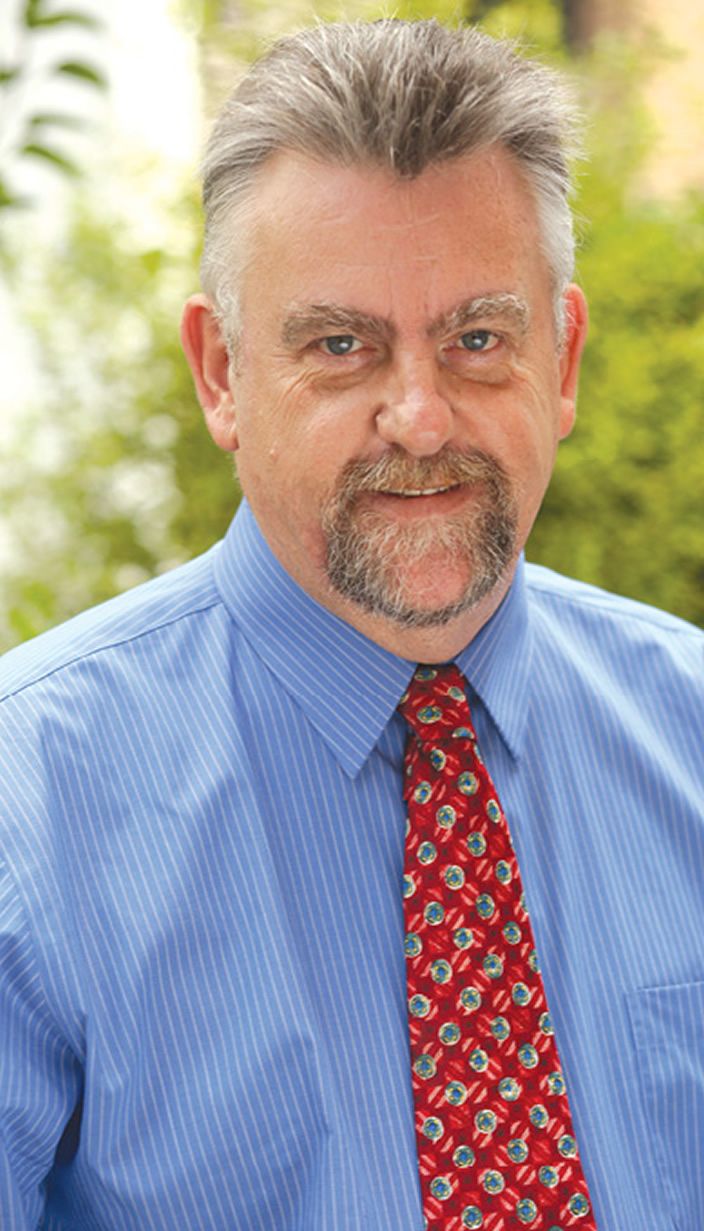
Changes to the Teacher Accreditation Act 2004 and other education legislation arising from the review of BOSTES were recently rushed through NSW Parliament with no early notification or consultation with the Union as a key stakeholder.
One particular amendment will be seen by teachers as offensive and insulting. The Quality Teaching Council (now renamed a committee) will be reduced from 11 to five elected teachers with six additional ministerial appointments.
The QTC are charged with advising on the professional teaching standards, teacher accreditation and professional learning. The legislation as it stands does not require the ministerial appointees (the majority) to be members of the profession on which they are advising. No other profession in this country is expected to tolerate this indignity.
NSW Education Minister Adrian Piccoli should clearly understand and accept that only teachers can speak for teachers. Teachers should not only be the majority of this committee but should be there in numbers adequate to represent the various sectors, metropolitan and regional locations, primary and secondary schools and the cross section of career stages.
In January 2018 the number of teachers accredited at Proficient level in NSW will almost double with the transition of the pre 2004 cohort to accreditation. It is extreme cynicism to more than halve teacher representation to coincide with this.
Whether the ministerial appointments are teachers or not is irrelevant to the slur this represents to the status of the profession. The intention of these changes is clearly to reduce the voice that NSW teachers have over policy governing their work, their careers and their profession.
The integrity of the new QTC can only suffer as a result of the changes to it. Teachers are likely to have little faith in decisions made and the quality of the advice this committee provides to the Board of the authority and to the minister. These will not be the determinations of practitioners or the determinations of our teaching profession.
Politicians, employers, academics or bureaucrats do not and cannot speak for teachers, only teachers can do that.



































































































































